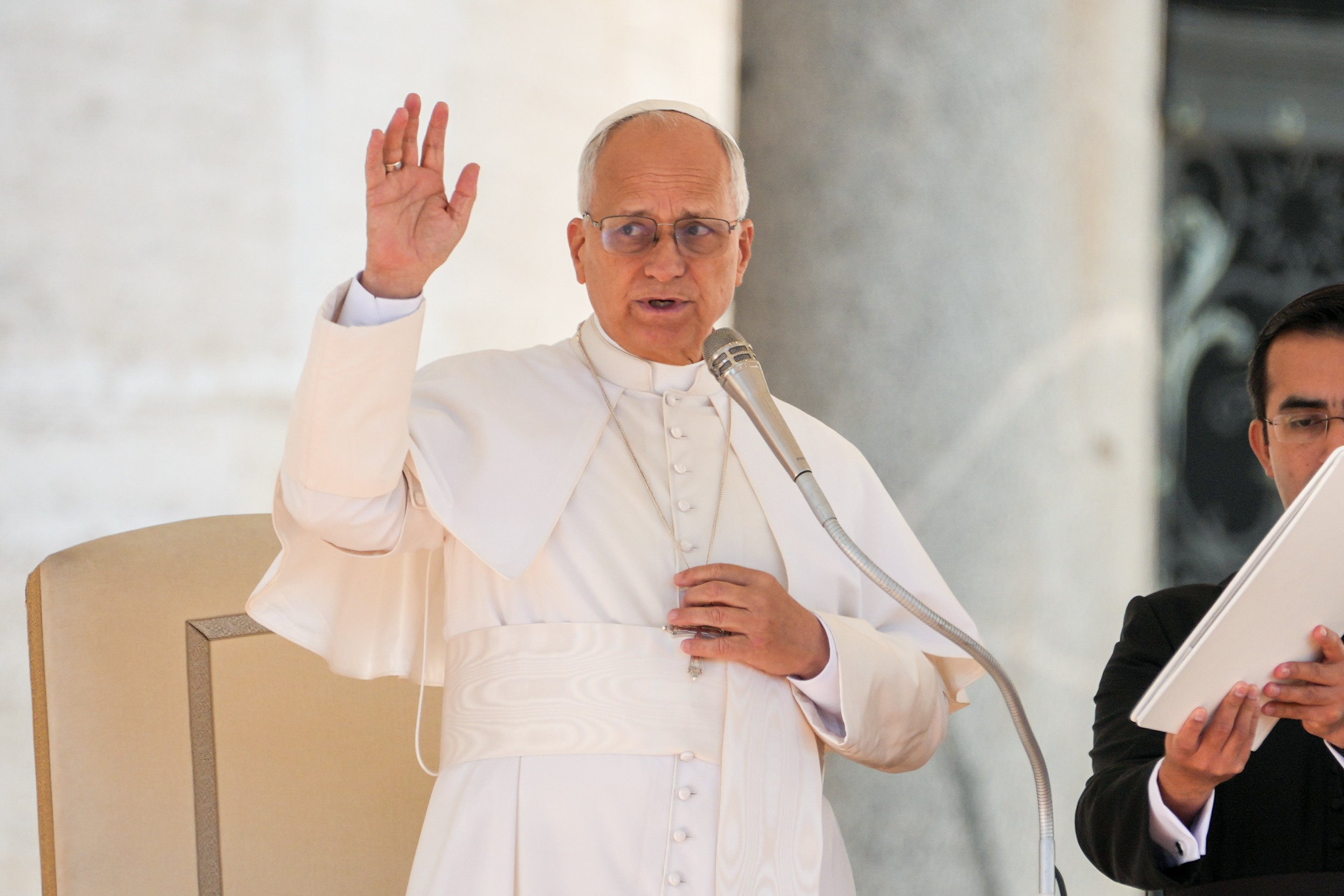April 6, 2018 at 1:53 p.m.
WORD OF FAITH
Try practical Christianity
Zephaniah ministers in the last part of the seventh century BCE, during the reign of Josiah, a time of Jewish reform. He's a contemporary of Jeremiah.
Scripture scholars always note that, during Josiah's reforming reign, Jeremiah says practically nothing. Years ago, most commentators explained Jeremiah's silence by reasoning that Josiah's reform had taken away his "thunder;" the king was accomplishing what the prophet wanted accomplished.
Different reform
But recently, scholars like the late Carroll Stuhlmueller attribute the prophet's silence to a conviction that reform from the top down never works. Though Jeremiah was convinced that Josiah's intentions were good, he was just as convinced his reform would fail.
He didn't want to be identified with that kind of reform. He knew that, unless such a movement comes from the bottom up, it'll never last. When the king dies, the reform dies.
That's exactly what happened: After Josiah is killed in battle, Jeremiah again starts to prophesy, telling his people that the only thing that will re-establish authentic Judaism will be the destruction of the institution and rebuilding of Jewish faith during the Babylonian exile.
If we had our druthers, we'd opt to listen to Zephaniah instead of Jeremiah. It's far easier to bring about God's will by decree than it is to daily live that will in the trenches.
Luke's prophetic John the Baptizer works in those trenches (Luke 3:10-18). When asked by some, "What should we do?" he responds in practical ways: "Whoever has two cloaks should share with the person who has none. And whoever has food should do likewise. Do not practice extortion; do not falsely accuse anyone."
Messiah's message
As much as his audience is looking forward to a Messiah's arrival - someone who'll clean up the mess they're in - the Baptizer is more interested in how each of them can begin cleaning up that mess in their own lives. John presumes that, when the Messiah arrives, he'll simply intensify and carry through on the message he's already proclaiming.
Paul agrees, though some might overlook his agreement in Sunday's second reading (Phil 4:4-7). The Christmas season makes it easy to misinterpret his statement, "The Lord is near!"
Many who hear it, two weeks from Christmas, will think it refers to Jesus' birth. Paul is actually talking about Jesus' parousia - and, though he encourages his Philippians community to petition God, he also reminds them, "Your kindness should be known to all."
The Apostle presumes our prayers will always be accompanied by concrete acts of love.
This is a joyful time of year, yet the reason doesn't revolve around Jesus' birth at Bethlehem. It springs from His dying and rising in Jerusalem. We can do nothing to imitate the former, but unless we imitate the latter, we're still "in our sins."
It's easy to cheer Jesus' earthly arrival. It's another thing to commit ourselves to an ongoing life of dying and rising.[[In-content Ad]]
SOCIAL MEDIA
OSV NEWS
- Pope offers prayers for the Philippines and for peacemakers
- Dig deep and work patiently to keep church on solid foundation, pope says
- Portland archbishop on ICE: Human dignity comes from God, not government
- Christian hope shows the earth can resemble heaven, pope says
- Washington Roundup: Election shifts; Venezuela vote; transgender passports, and more
- Novel highlights power of art and music as a salve to troubled humanity
- Supreme Court sides with Trump administration to temporarily block full funding for SNAP
- Former diocesan fundraising director indicted on wire fraud for alleged 6-figure theft
- Love is key to church’s mental health ministry, says bishop who lost family to suicide
- Caring for creation is part of peacemaking, pope tells COP30







Comments:
You must login to comment.